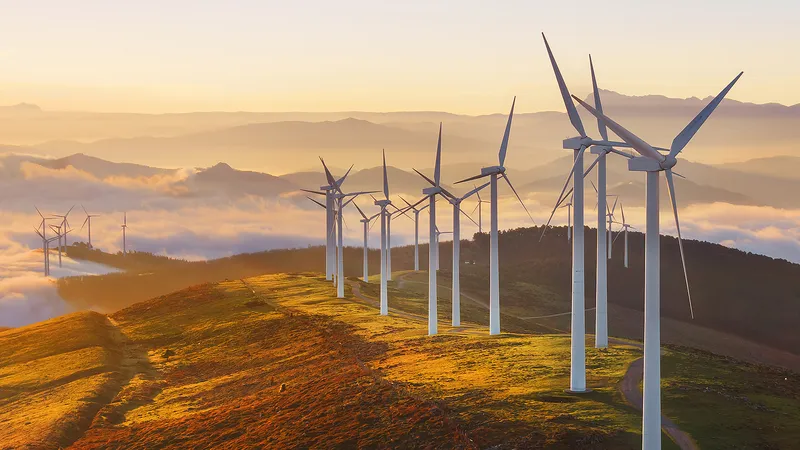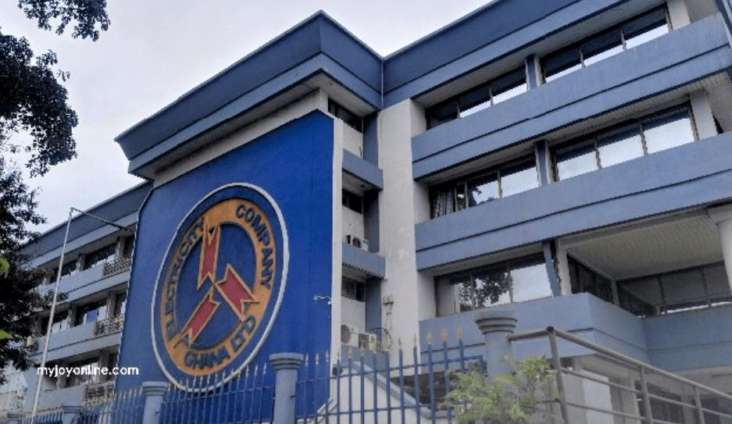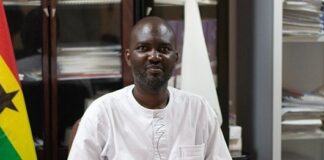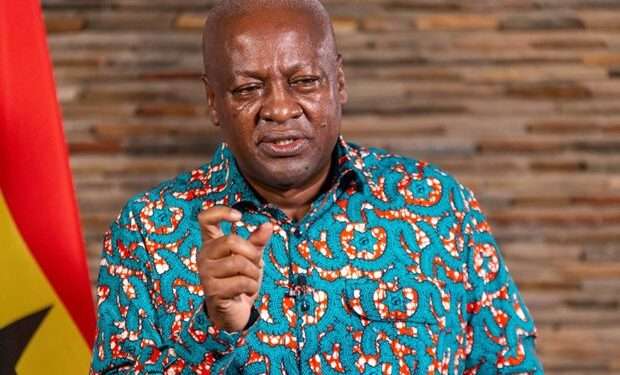Ghana’s energy sector is in crisis, with Finance Minister Hon. Cassiel Ato Forson describing it as the country’s “biggest economic risk” during a recent deep-dive session on the Ghana Energy Compact under Mission 300 at the World Bank.
His candid admission underscores a looming financial emergency threatening national development and burdening ordinary citizens.
According to Hon. Ato Forson, the sector is grappling with a staggering financial shortfall of approximately $2 billion—an amount that now surpasses the nation’s domestic capital expenditure.
The gravity of the situation, he argued, demands immediate structural reforms across the entire energy value chain.
“This challenge goes beyond tariffs,” he stressed, adding that “the entire energy value chain requires urgent reform.”
From generation to distribution, inefficiencies are being passed down to Ghanaians in the form of unsustainable electricity tariffs.
Of particular concern is the performance of the Electricity Company of Ghana (ECG), which the Minister believes holds the key to drastically reducing the shortfall.
“ECG alone could cut the shortfall by half if it addresses these inefficiencies,” he said, pointing to what many see as long-standing operational bottlenecks within the distribution arm of the power sector.
For years, ECG’s inefficiency has been an open secret, but this public acknowledgment from the Finance Minister marks a pivotal moment in the national energy conversation.

At the core of the government’s response is the drive to attract private sector participation.
Hon. Forson confirmed that measures are being put in place to open up the energy sector to private investments, signaling a shift towards more competitive and transparent power procurement practices.
“The Cabinet has already approved private sector participation, and we have submitted the Legislative Instrument to Parliament to enable competitive procurement for power plants.”
Hon. Cassiel Ato Forson
This move, he said, is central to bringing both transparency and sustainability to the sector—a theme that has resonated across donor conversations, including at the World Bank.
$2 Billion Shortfall Raises Alarm Amid Energy Sector Crisis
The urgency is palpable. For Hon. Cassiel Ato Forson, this isn’t merely a matter of fixing the books—it’s a race against time to protect the entire economy from collapse. “Time is of the essence,” he warned.
“We must act swiftly to turn this around for the good of our economy and the well-being of our people.”
Hon. Cassiel Ato Forson

The Ghana Energy Compact, supported by international partners and framed within Mission 300, is expected to become a cornerstone in this reform journey.
For many stakeholders, it offers an opportunity to align policy intent with actionable steps, provided that the process remains on track and free from bureaucratic inertia.
“The Energy Compact has come at the right time. It has the potential to make a lasting impact, and we are hopeful that the process will not be delayed.”
Hon. Cassiel Ato Forson
His optimism, however, hinges on execution—a familiar stumbling block in Ghana’s policy landscape.

The energy sector has long been Ghana’s Achilles’ heel. Previous attempts at reform have stumbled on the rocks of political indecision, entrenched inefficiencies, and a lack of regulatory will.
What’s different now is the open acknowledgment from the highest levels of government that systemic overhaul, not piecemeal interventions, is the only viable path forward.
The push for private sector engagement, competitive power procurement, and legislative backing could chart a new course—if implemented transparently.
Yet, the road ahead will not be easy. Political resistance, vested interests, and institutional lethargy remain formidable obstacles.
That said, the Finance Minister’s frank remarks have set the tone for a more honest national dialogue. Ghanaians, already burdened with high electricity costs and frequent outages, are demanding solutions, not soundbites.
Whether this government—and successive ones—can muster the political will to execute these reforms will determine whether Ghana can finally stabilize its energy sector.
In the end, as the country stands at a critical crossroads, it’s not just the energy sector on trial—it’s the credibility of Ghana’s reform agenda.




















